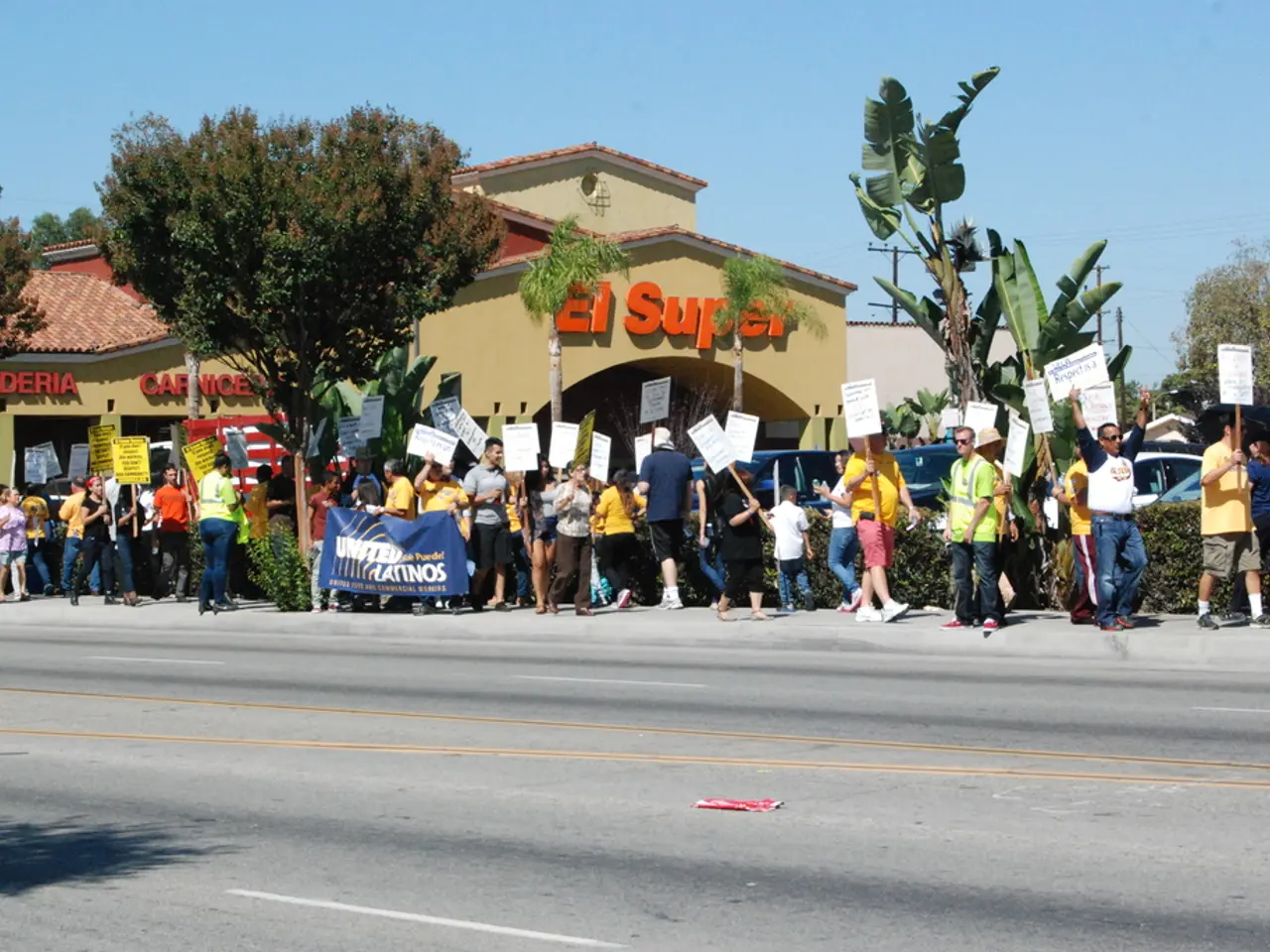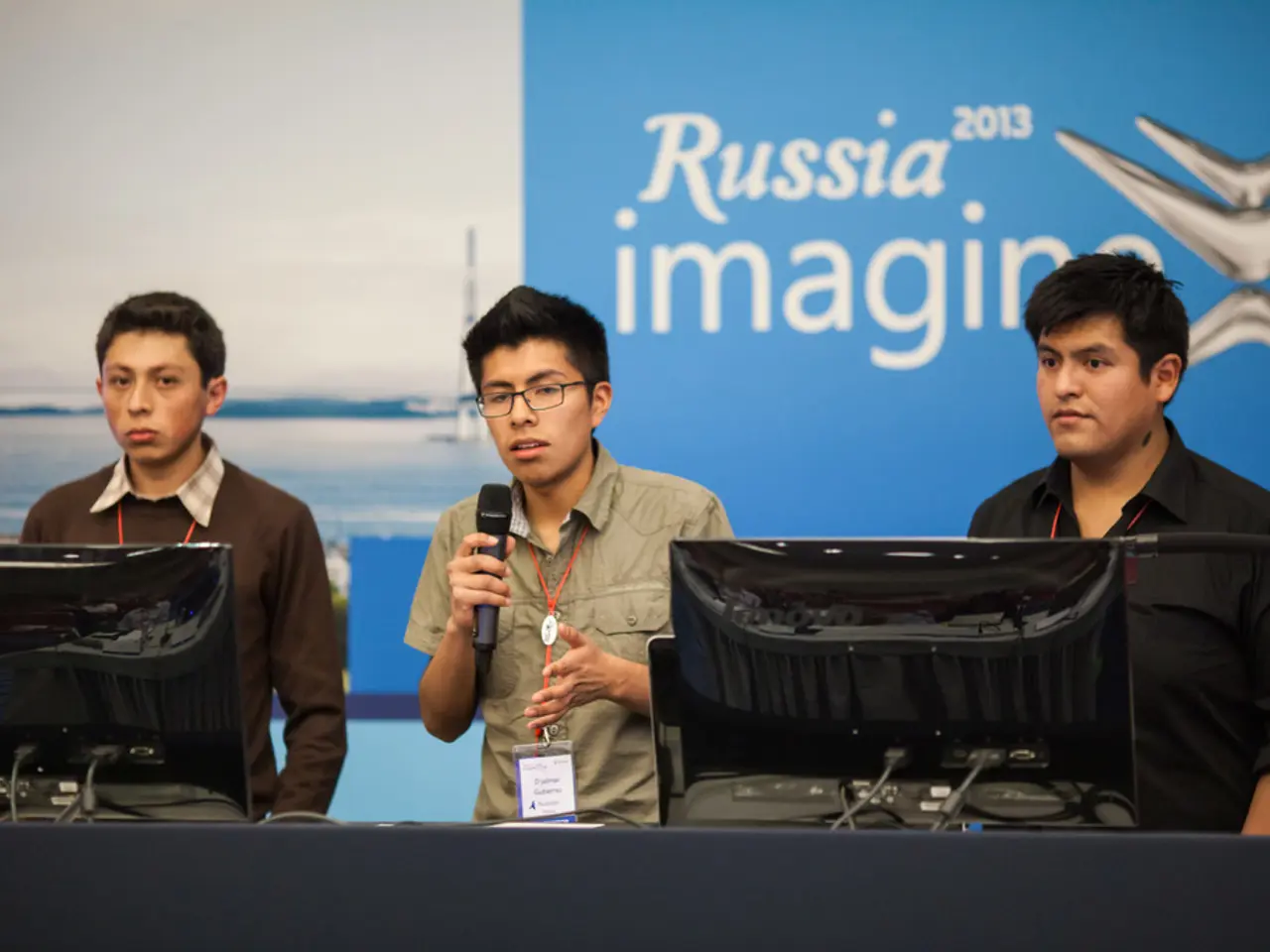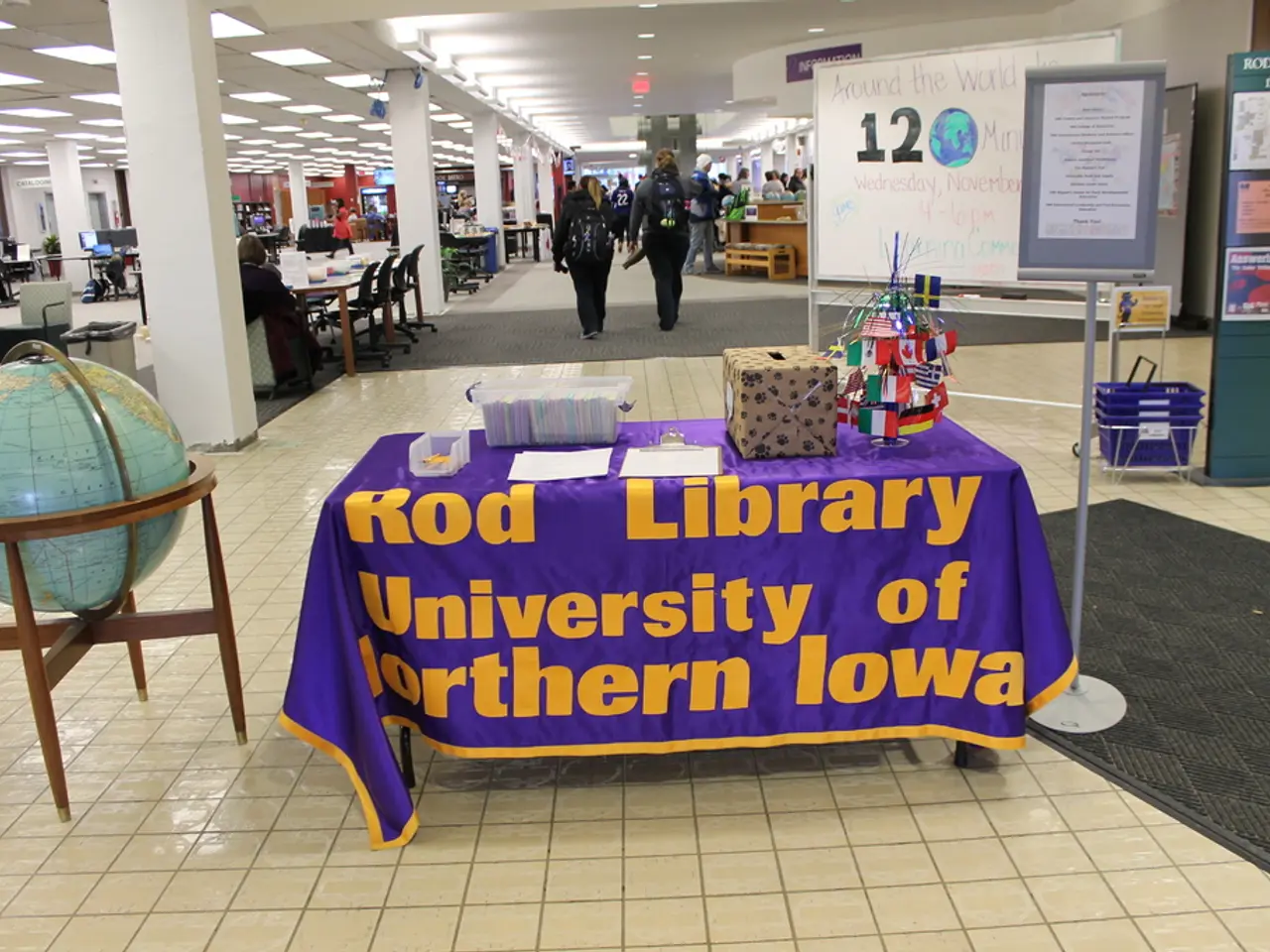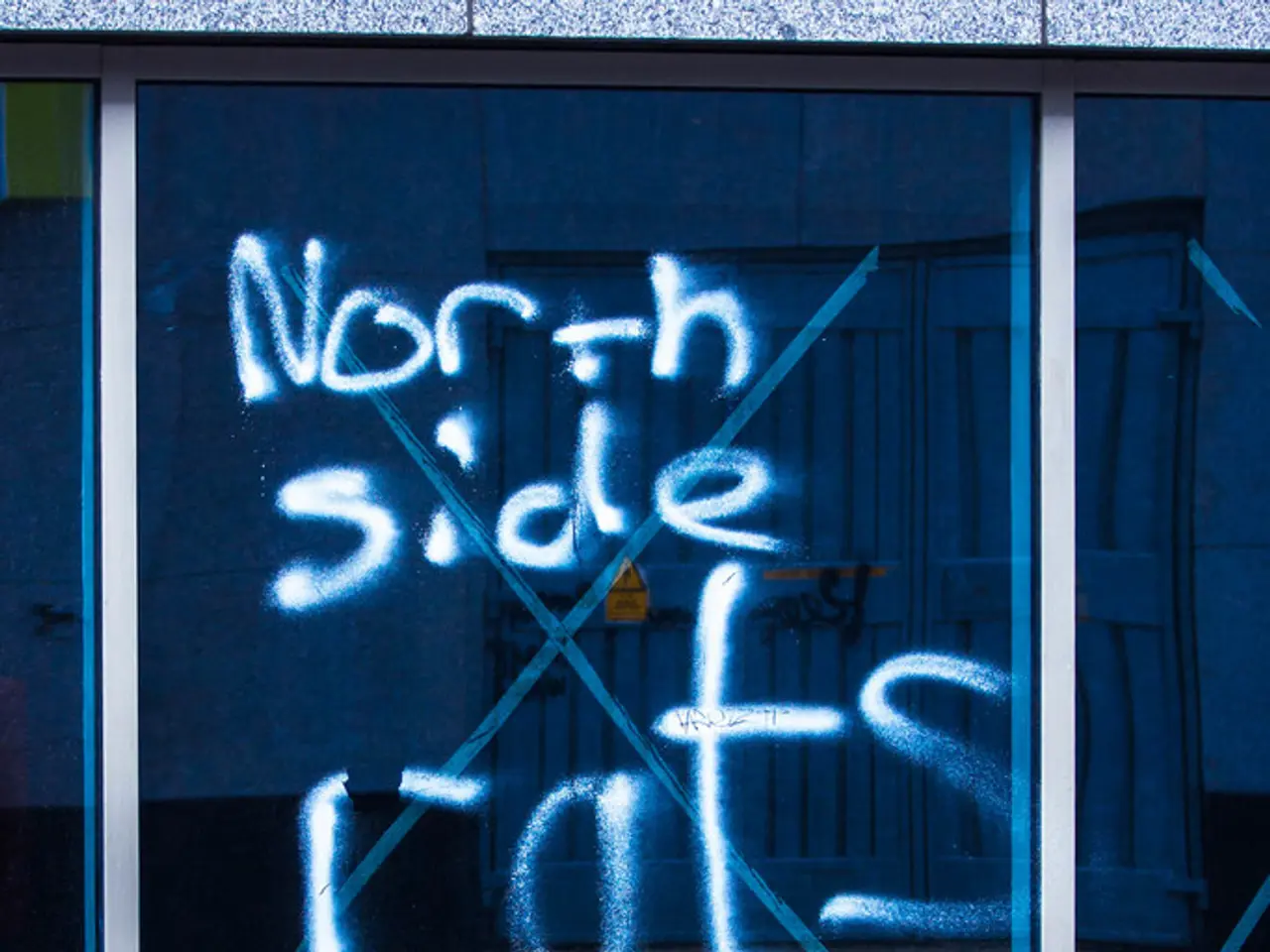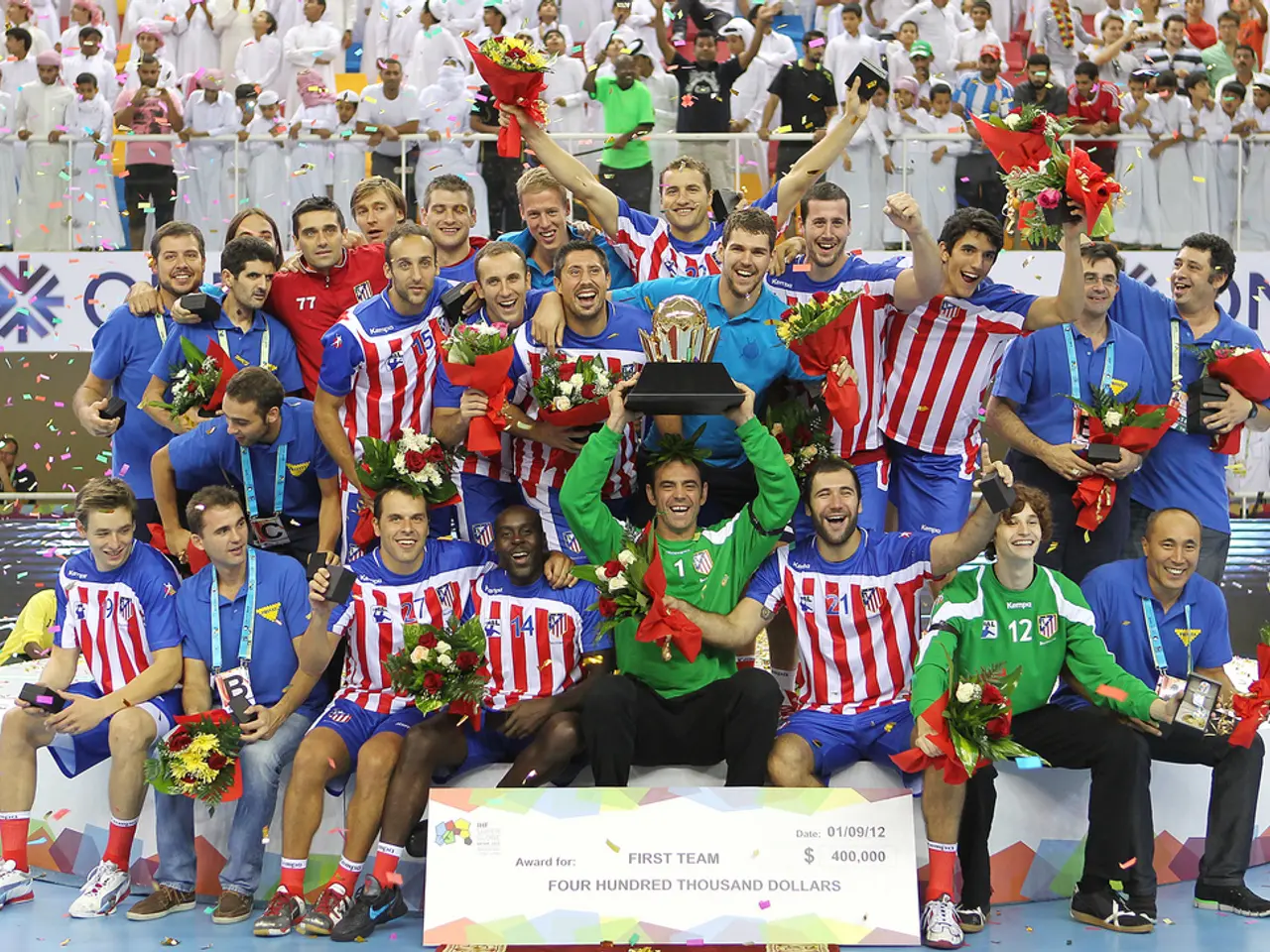Growing resistance emerges as California's anti-lottery legislation advances
California's Assembly Bill 831 (AB 831) is gaining momentum, aiming to crack down on online sweepstakes gaming operations. Originally intended to amend tribal-state gaming compacts, the bill now targets operators, suppliers, payment processors, geolocation providers, and media affiliates involved in these platforms.
The bill, if passed, would ban online sweepstakes casinos and impose criminal penalties, including fines of up to $25,000 and jail terms of up to a year, on those operating within its scope. The legislation is specifically aimed at online sweepstakes casinos that exploit legal loopholes, such as the "no purchase necessary" clause and dual-currency models that allow players to redeem winnings for real cash equivalents.
However, critics argue that the bill's language is vague and insufficiently protective, potentially affecting legitimate free-to-play games that use promotional sweepstakes or in-game currencies. The Social and Promotional Games Association (SPGA) has voiced strong opposition, warning that AB 831 could stifle innovation and lawful promotional activities, and that it risks "unintended consequences" disrupting legal business models for free-to-play and promotional games.
The bill is backed by tribal gaming interests, particularly the California Nations Indian Gaming Association (CNIGA), who view sweepstakes casinos as direct competition to tribal casinos and traditional gaming. On the other hand, businesses tied to online sweepstakes casinos face significant legal risk, including criminal penalties, which could force many operators to exit the California market or shut down entirely.
Opponents of the bill, including the American Civil Liberties Union (ACLU) and the SPGA, cite concerns over consumer freedoms and potential overreach that could harm civil liberties related to free expression and fair promotional practices. Advertising groups and media affiliates promoting sweepstakes casinos could also face criminal penalties under AB 831, causing further backlash from marketing sectors tied to digital gaming.
Affected platforms such as Chumba Casino and Golden Hearts Games have actively campaigned against the bill, warning players that it would remove access to their platforms and push players towards unregulated, offshore services, potentially reducing consumer protections.
The bill's passage comes amid a heightened regulatory scrutiny of online gambling in California, including a recent legal opinion declaring daily fantasy sports illegal under current law, equating it to gambling. California remains one of the few states without legalized sports betting, and legislators appear intent on robustly controlling online gambling formats under the state's strict gambling laws.
The penalties for gambling violations under AB 831 could increase significantly, with potential jail time doubling and fines increasing by 2,500%. These groups are concerned about the bill's potential to impose burdensome regulations on financial and promotional services.
The SGLA contends that the current iteration of AB831 could inadvertently criminalise free-to-play online games and threaten a host of economic contributors. The SGLA has called for AB 831 to be reclassified as a two-year bill, allowing more time for consultation and stakeholder engagement.
If eventually passed and signed into law, AB 831 would establish a new paradigm for how California handles digital promotional gaming. The legislative trajectory of AB 831 remains uncertain, but its current progress and lack of opposition in committee suggest it may advance further in the Senate. The Social Gaming Leadership Alliance (SGLA) is one of the bill's most vocal opponents, urging lawmakers to halt its progress and consider a longer-term discussion.
- The bill, targeted at operators, suppliers, payment processors, geolocation providers, and media affiliates involved in iGaming platforms, aims to ban online sweepstakes casinos and impose criminal penalties.
- Critics, such as the Social and Promotional Games Association (SPGA), argue that the bill's language is vague and could potentially affect legitimate free-to-play games.
- Tribal gaming interests, like the California Nations Indian Gaming Association (CNIGA), support the bill as they view sweepstakes casinos as competition to tribal casinos and traditional gaming.
- Opponents of the bill, including the American Civil Liberties Union (ACLU) and the SPGA, cite concerns over consumer freedoms and potential overreach that could harm civil liberties related to free expression and fair promotional practices.
- Affected platforms, like Chumba Casino and Golden Hearts Games, warn that the bill could remove access to their platforms and push players towards unregulated, offshore services, reducing consumer protections.
